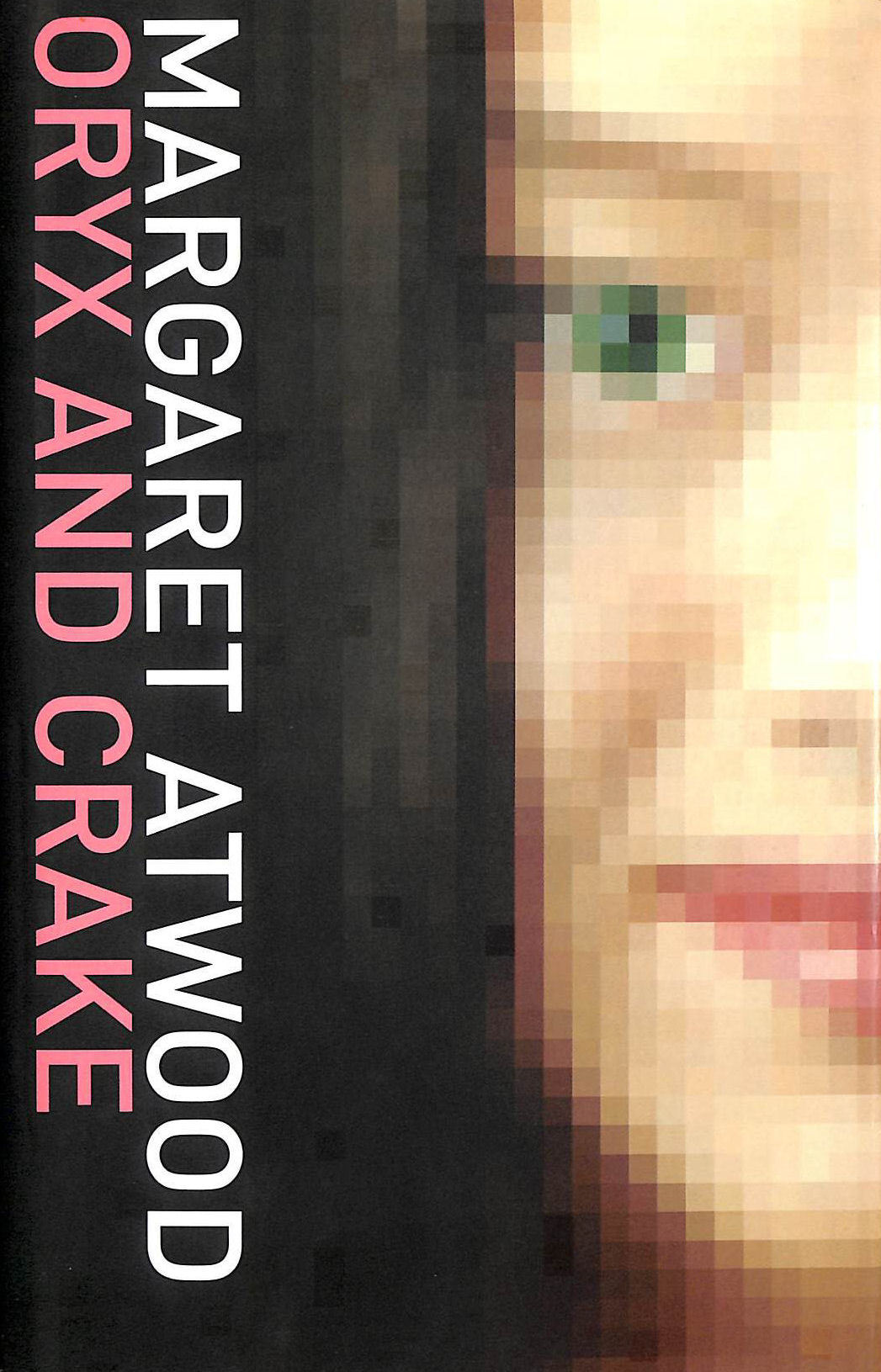What do you think?
Rate this book


Snowman may be the last man on earth, the only survivor of an unnamed apocalypse. Once he was Jimmy, a member of a scientific elite; now he lives in bitter isolation and loneliness, his only pleasure the watching of old films on DVD. His mind moves backwards and forwards through time, from an agonising trawl through memory to relive the events that led up to sudden catastrophe (most significantly the disappearance of his mother and the arrival of his mysterious childhood companions Oryx and Crake, symbols of the fractured society in which Snowman now finds himself, to the horrifying present of genetic engineering run amok. His only witnesses, eager to lap up his testimony, are "Crakers", laboratory creatures of varying strengths and abilities, who can offer little comfort. Gradually the reasons behind the disaster begin to unfold as Snowman undertakes a perilous journey to the remains of the bubble-dome complex where the sinister Paradice Project collapsed and near-global devastation began.
This, Atwood's 11th novel, confirms her as one of our most contemporary novelists. Darkly humorous and icily prescient, Oryx and Crake shows a writer deeply concerned with the stark moral issues facing the human race, and accords a glimpse of a future that lies all too uneasily within reach. --Catherine Taylor
378 pages, Hardcover
First published April 22, 2003
“Crake made the bones of the Children of Crake out of the coral on the beach, and then he made their flesh out of a mango. But the Children of Oryx hatched out of an egg, a giant egg laid by Oryx herself. Actually she laid two eggs: one full of animals and birds and fish, and the other one full of words. But the egg full of words hatched first, and the Children of Crake had already been created by then, and they’d eaten up all the words because they were hungry, and so there were no words left over when the second egg hatched out. And that is why the animals can’t talk.”



 come to my blog!
come to my blog!
”Once upon a time, Snowman wasn't Snowman. Instead he was Jimmy. He'd been a good boy then.”